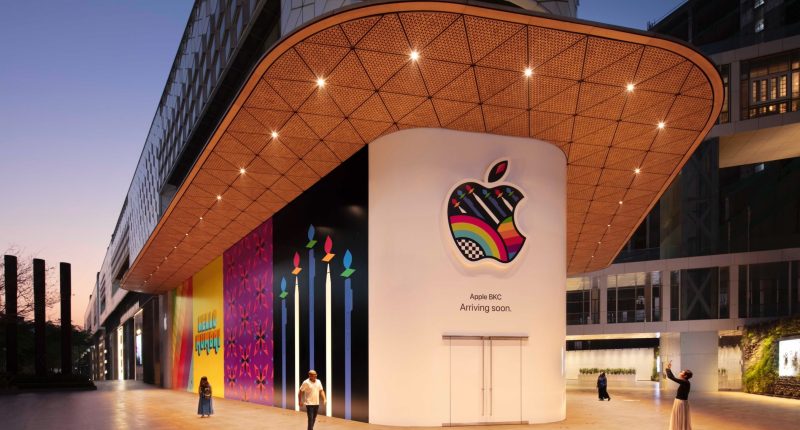Apple has, for the first time ever, released a non-beta Rapid Security Response (RSR) update to the public. The first batch of “rapid security” patches are now available across Apple’s iOS, iPadOS, and macOS systems for general users, and not restricted to beta testers or developers who run pre-release developer builds of the company’s mobile operating systems.
First introduced at its WWDC conference last year, the Rapid Security Responses (RSR) allow the iPhone maker to deliver important security updates in between normal software releases, according to a notice by the company. Simply put, it allows users to update their devices faster than a typical software update takes, and RSR is enabled by default to address the security vulnerabilities that leave them open to exploitation.
“Rapid Security Responses are a new type of software release for iPhone, iPad, and Mac. They deliver important security improvements between software updates — for example, improvements to the Safari web browser, the WebKit framework stack, or other critical system libraries. They may also be used to mitigate some security issues more quickly, such as issues that might have been exploited or reported to exist “in the wild,” Apple noted on its support page.
The RSR updates have arrived on all Apple devices that are running iOS 16.4.1, iPadOS 16.4.1, and macOS 13.3.1. Once the RSR has been installed, Apple notes that add a letter to the software version — such as iOS 16.4.1 (a), iPadOS 16.4.1 (a), and macOS 13.3.1 (a). The RSR update for iOS 16.4.1 is available through the Software Update mechanism in the iPhone or iPad Settings app and requires a couple of minutes to be downloaded, followed by a quick restart for the installation process. The macOS update can be installed through System Settings.
Users can choose to turn off the automatic installation of RSR updates through Settings, but since they deliver important security improvements in between the usual software updates, they can be used to mitigate some threats more quickly, so turning them off may not be wise. Going forward, Apple will be releasing the Rapid Security Response updates on a rolling basis across the next 48 hours, so do not expect to get it right away. Furthermore, the Cupertino-headquartered tech giant will make Rapid Security Response updates available only to devices that are running the latest versions of iOS, iPadOS, and macOS, so users using devices that run the older versions will not get it.
The Tech Portal is published by Blue Box Media Private Limited. Our investors have no influence over our reporting. Read our full Ownership and Funding Disclosure →






